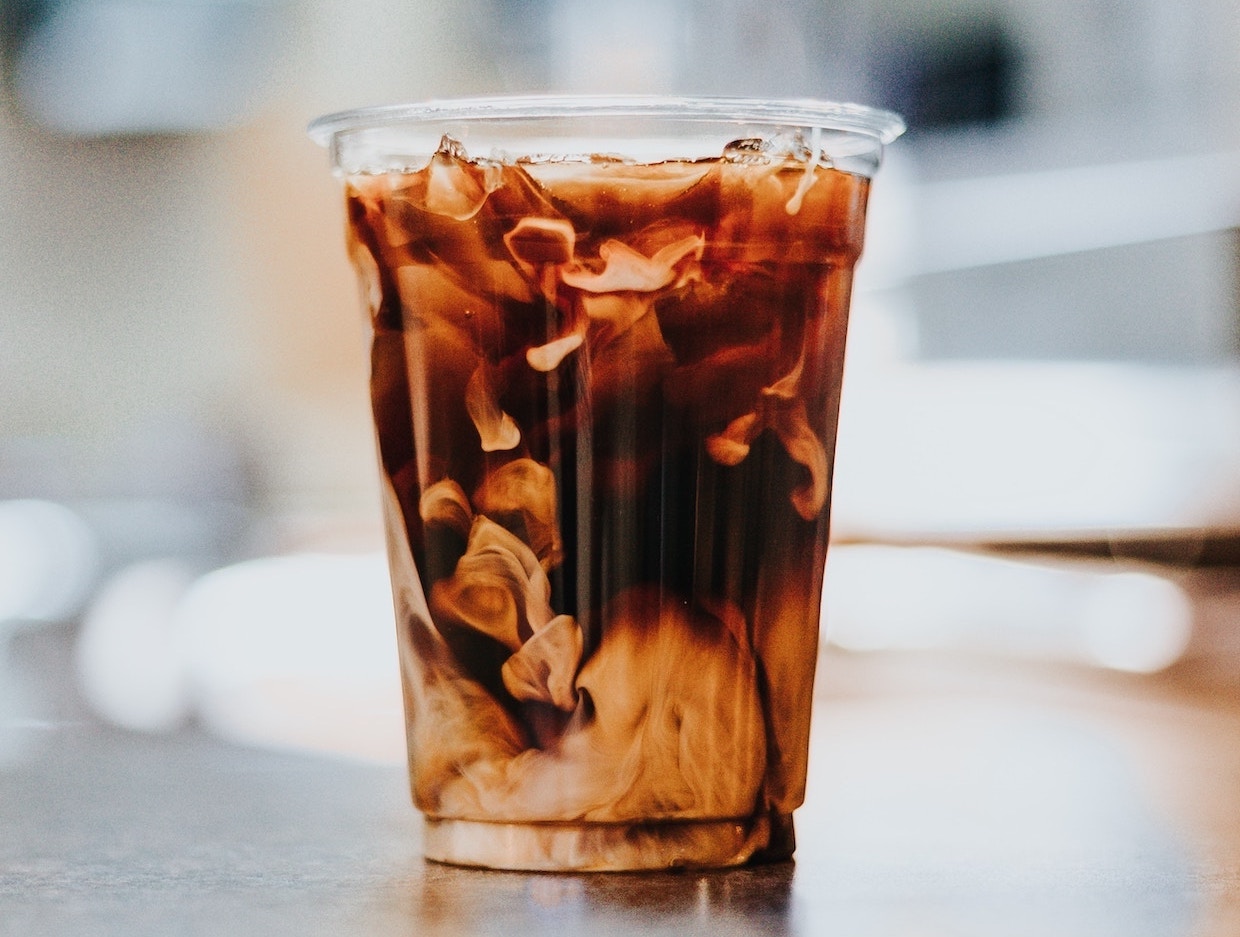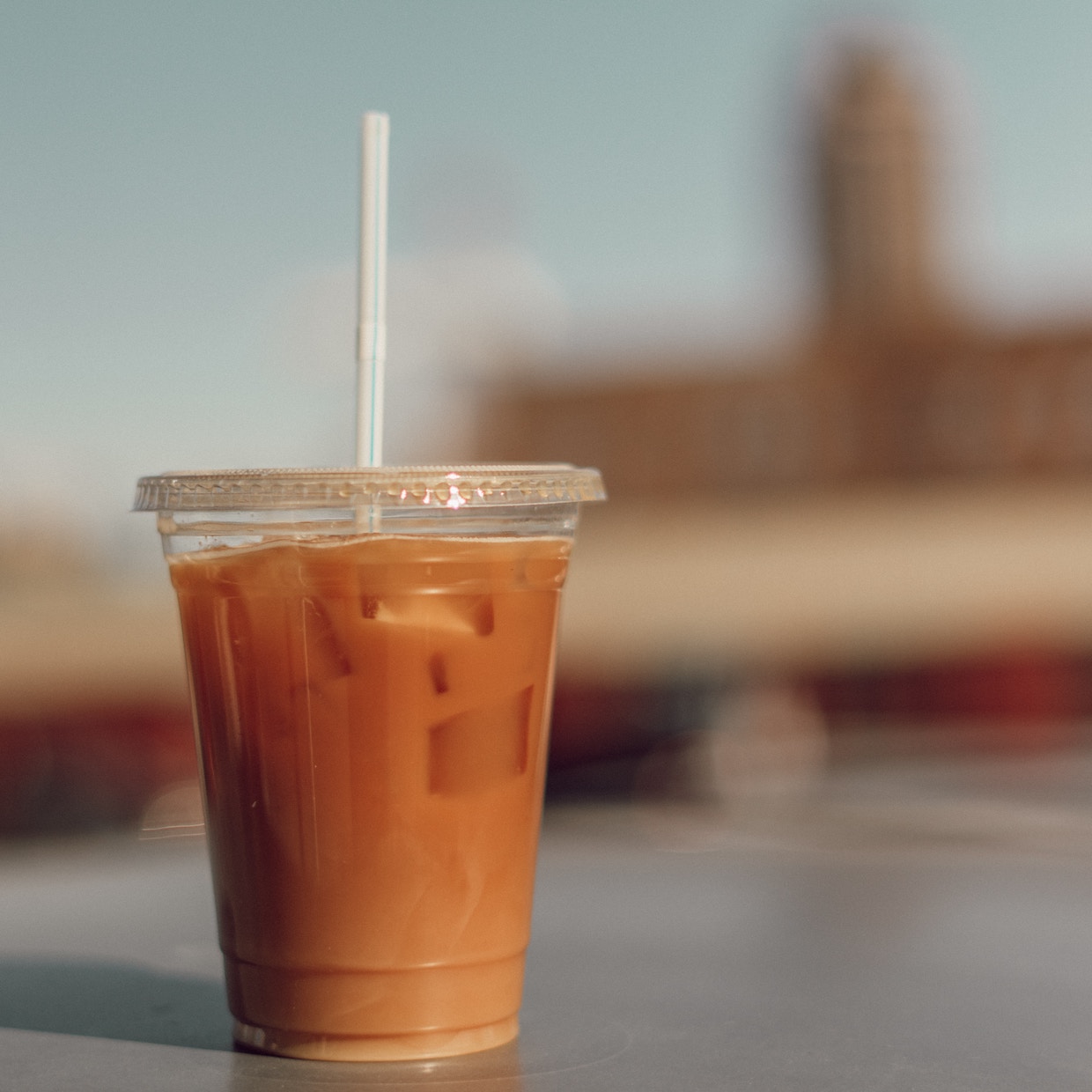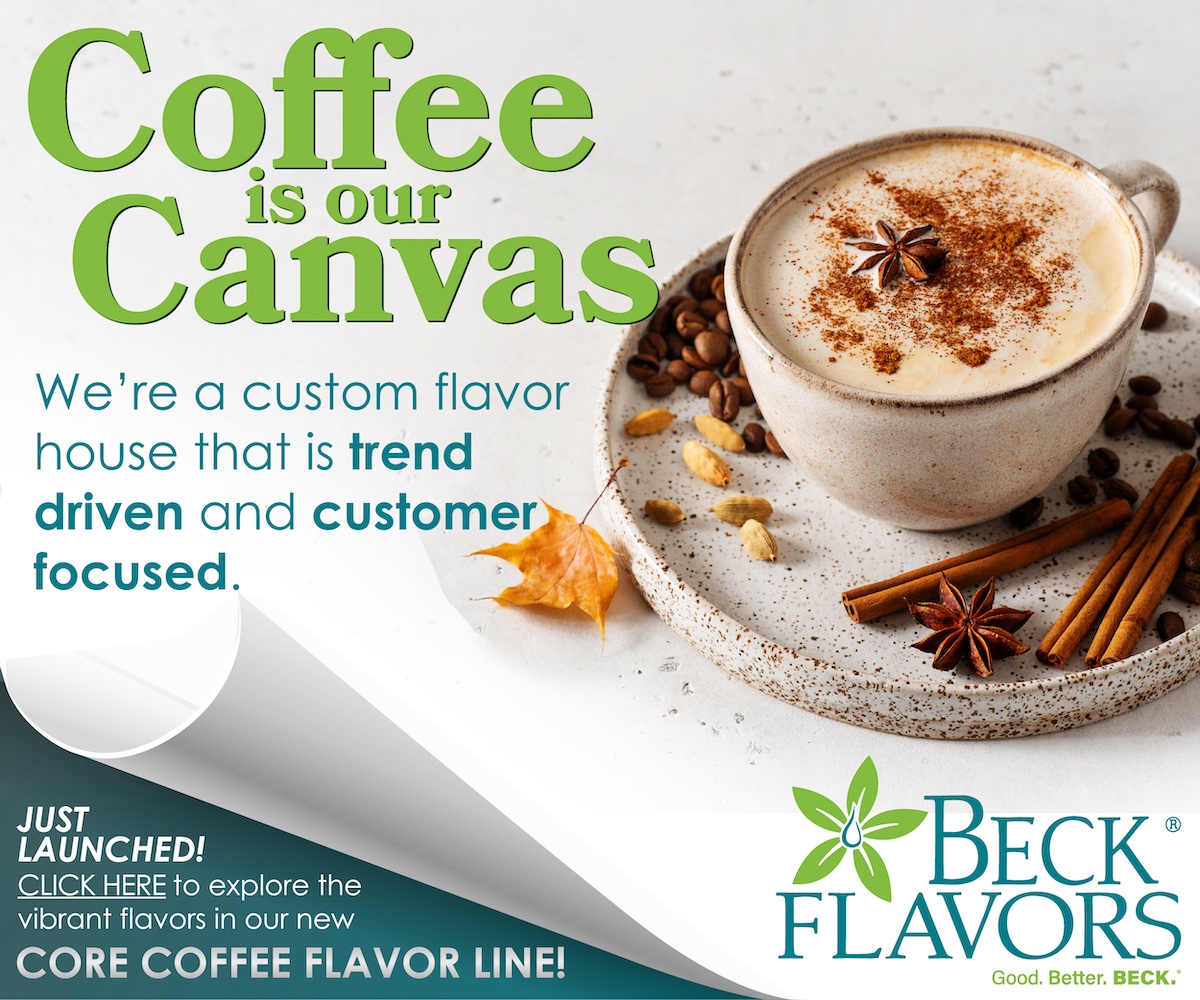New research commissioned by the National Coffee Association (NCA) of the United States shines new light on the food safety performance of cold brew used for in-store drink making.
The research found that commercially processed bag-in-box cold brew and full-immersion-style cold brew concentrate did not develop common food pathogens when stored outside of refrigerated environments for up to 11 days.
The NCA said the research could be used to inform future updates to the FDA Food Code, which currently has no specific regulation related to cold-brewed coffee, a drink type that has skyrocketed in popularity over the past decade.
Specifically, the paper argues that full-immersion cold brewed coffee for concentrate, as well as bag-in-box UHT-processed single-strength cold brews, should be classified as non-TCS foods in retail environments. TCS is FDA code for “Time/Temperature Control for Safety Food.”
“Airtight, manufactured (e.g., RTD) cold brew products are considered a low-acid food and are regulated by the FDA’s Low-Acid Canned Food (LACF) regulations,” the NCA told DCN via email. “There are no such regulations specific to retail dispensed cold brew (e.g., nitro poured from a keg, or immersion method cold brew), which has created confusion for both retailers and local health inspectors alike.”
Part of a six-figure investment on behalf of the NCA related to cold brew safety and regulations, a white paper called the Cold Brew Challenge Study was released earlier this fall. The resource is currently only available to NCA members, who comprise many of the largest coffee roasting, trading and allied services companies in the U.S.
“Cold brew popularity has skyrocketed in the past few years. Despite being virtually unknown in 2015 — when our National Coffee Data Trends report began tracking it — cold brewing is now the third most popular coffee preparation method,” the NCA told DCN. “As such, NCA saw fit to create a more robust portfolio of resources and information to help the coffee industry respond more effectively to changing consumer tastes, habits, and trends.”
The research behind the paper was conducted by Wisconsin-based Eurofins Microbiology Laboratories.
The group tested the two cold brew coffee types after storing them for up to 11 days in environments with and without oxygen at temperatures of 85°F/29°C. Both types of cold brew tested negative for E. coli, Salmonella, Listeria, Staph, C. botulinum and B. cereus.
Does your coffee business have news to share? Let DCN’s editors know here.












Comment